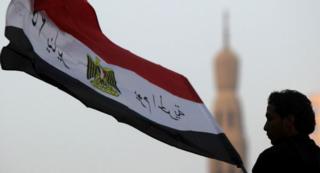
The developments in Egypt over the past few days have thrown what had been a confused set of institutional arrangements into even greater disarray and threatened the already tenuous transition to democracy.
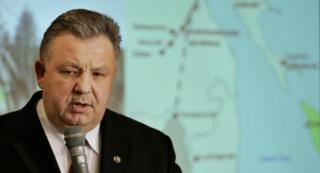
For many, the draft statute for the Ministry for the Development of the Russian Far East signals the possible reform of the entire system of state administration, but all signs point to little real change.
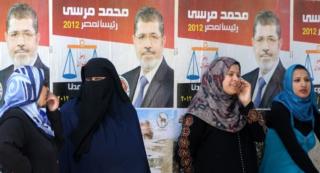
The Muslim Brotherhood’s candidate, Mohamed Morsi, is likely to win the second round of Egypt’s presidential election, with important ramification not only for Egypt but also for the region as a whole.
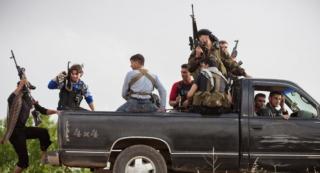
The situation in Syria has two potential outcomes. There will either be a military victory by the opposition or President Bashar al-Assad will step down. In any case, Assad has lost.
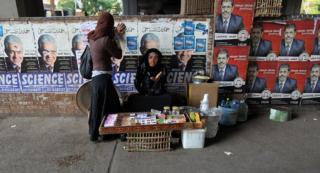
The result of the first round of Egypt’s presidential election seems poised to be the prelude to a direct confrontation between the old regime and the Muslim Brotherhood.
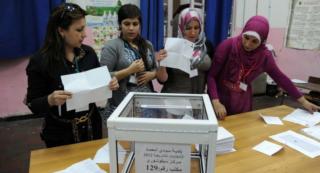
The Islamists’ defeat in Algeria’s recent parliamentary elections is a product of the pragmatism of the ruling Algerian elite and shows that the regime is sensitive to society’s demands. The results are likely an exception to the trend of rising Islamist influence in the Arab world.
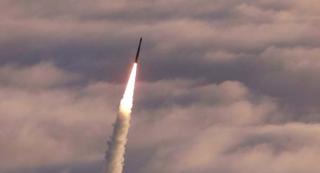
Europe, Russia, and the United States can take steps to build trust and find a way to work together cooperatively on missile defense.
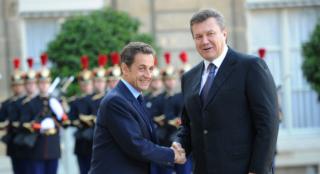
As most of Europe waits with bated breath for the outcome of the French presidential election, Ukrainians are entirely ignoring it.
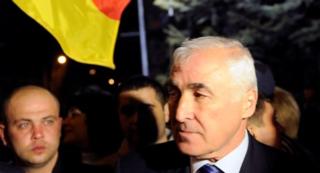
The voting results of the South Ossetian presidential election reflect the maturity of society in this republic.
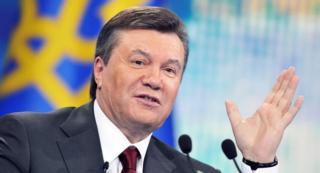
While the Yanukovych government has managed to initiate a number of economic reforms, they were implemented only partially and their success has been limited.
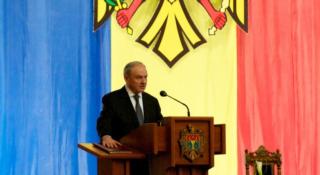
After a long waiting period, Moldova’s political stalemate has ended and the country’s integration with Europe is once again pressing onward.

The election of Nicolae Timofti as Moldova’s president confirmed that the country’s new leader had to come from outside the current Moldovan political elite.
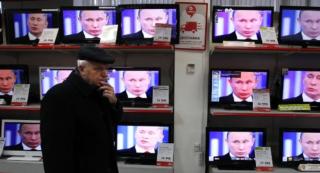
Putin's economic agenda offers only more of the same heavy-handed policies that have failed to modernize Russia and made the country more vulnerable to external shocks.
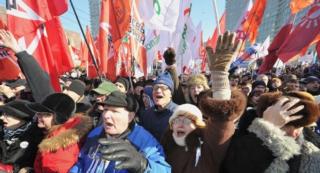
Vladimir Putin’s election as Russia’s president may mark the end of the first phase of Russia’s awakening, but the awakening is not over. A restructuring of the Russian political field has just begun.
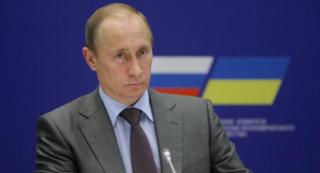
Now that Vladimir Putin and his United Russia party have returned to office for the next six years, it remains to be seen how much time he will have for Ukraine.
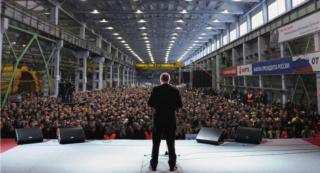
Vladimir Putin secured his return to power in Sunday’s Russian presidential election. Though that result came as no surprise, the issue of what will come next for Russia is still an open question.
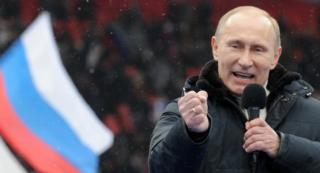
In a series of long articles in Russian-language newspapers, Putin has acknowledged the many political, economic, and social problems facing Russia and outlined his vision for a stronger country.
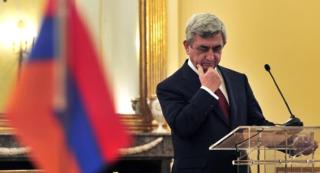
Twenty years ago, the worst episode of the Armenian-Azerbaijani conflict over Nagorny Karabakh occurred near the small town of Khojali, where more than 400 Azerbaijanis fleeing the town were killed by Armenian soldiers or paramilitary fighters.
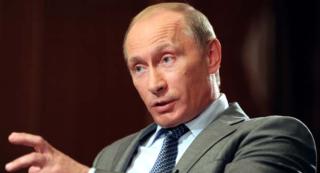
The problem with Putin’s vision for modernizing Russia’s military is that it rests on the misplaced belief that the United States is still the country’s principal adversary.
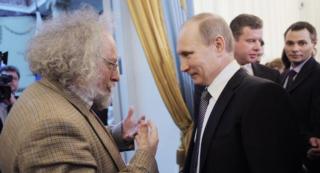
The reshuffling of the board of Russia's liberal radio station Ekho Moskvy illustrates that Putin's government is becoming increasingly intolerant of criticism.